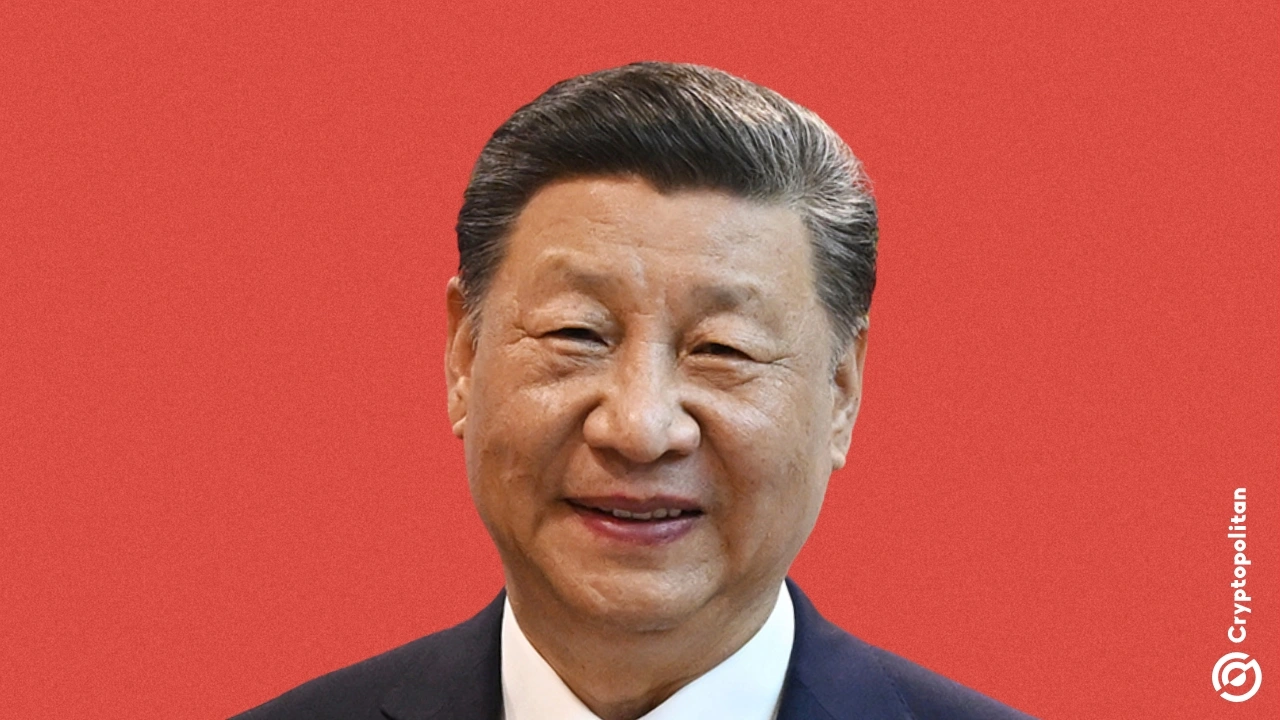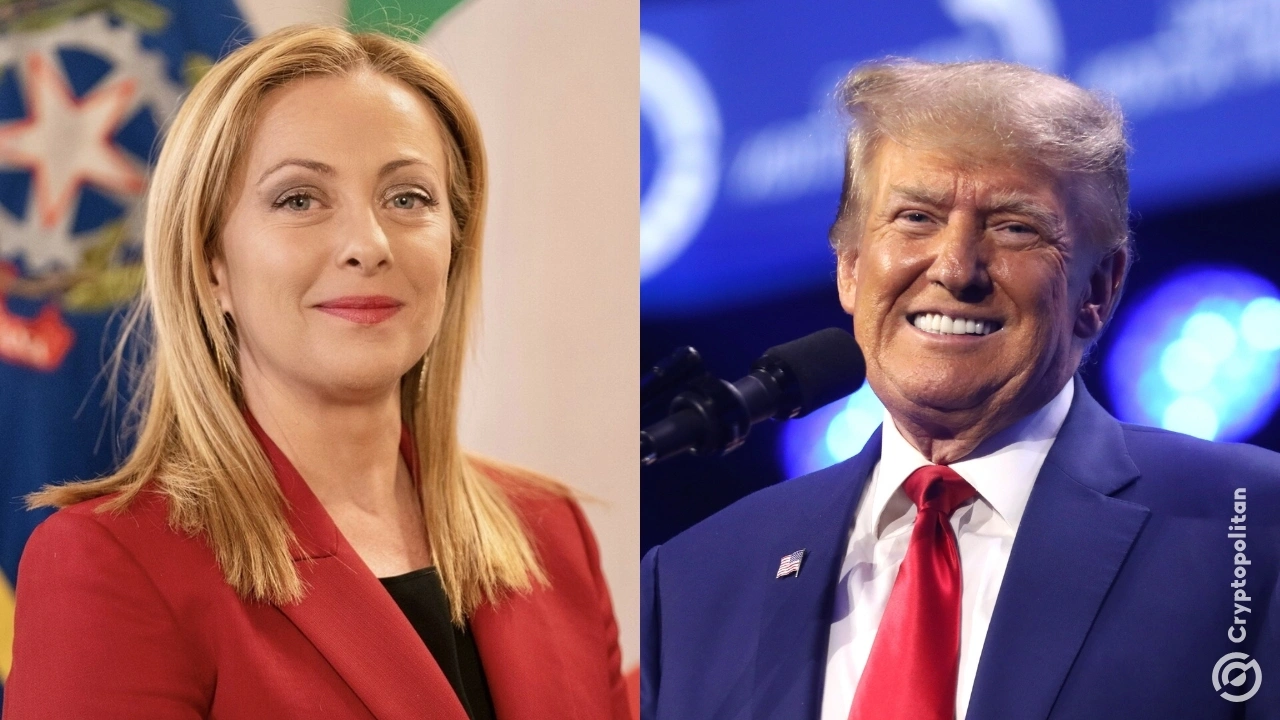Brendan Carr, a leading official under President Donald Trump and current chair of the Federal Communications Commission (FCC), wants European nations to decide between US or Chinese technology.
Carr delivered his sentiment in a Tuesday interview with the Financial Times, stressing that “allied Western democracies” must focus on what he called the “real long-term bogey: the rise of the Chinese Communist Party.”
His opinions follow debates all across Europe over the reliability of Elon Musk’s satellite internet company, Starlink, which has undergone trials in several European countries but has yet to be adopted by any.
Europe is not confident about Musk and Starlink
Musk’s aerospace company SpaceX owns Starlink. It offers satellite broadband and limited mobile services in more than 40 countries, even in places like Ukraine that are in war. But because of its ties to the US government, the company has had a hard time expanding in Europe, especially since Washington is said to have thought about blocking Starlink’s access to Ukraine.
The uncertainty has left European leaders asking if the US-based provider can be a stable long-term partner.
United Kingdom telecom firms BT and Virgin Media O2 have been testing Starlink technology for integration into their networks. However, neither company has finalized an agreement with SpaceX.
As reported by Cryptopolitan on March 22, Italy halted discussions with SpaceX regarding developing a secure communications system for its defense sector. The decision came after the Italian government was bashed by opposition lawmakers who were not in support of an Elon Musk partnership. They argued that the Tesla CEO made contentious comments about the war in Ukraine.
Italian Defense Minister Guido Crosetto confirmed that negotiations were paused, although he reiterated that Starlink is still an option down the line.
European governments, in full knowledge of Starlink’s overreliance on American infrastructure, are reportedly looking for domestic alternatives, a move Carr coins as “politically motivated.”
Carr supports Musk and his ventures and believes it was “unfortunate” that political considerations appeared to be shaping Europe’s decisions.
“If you’re concerned about Starlink, just wait for the CCP’s version, then you’ll be really worried,” he said.
Allegations of bias and protectionism
Carr also leveled accusations at the European Commission, accusing it of protectionism and harboring an “anti-American” bias. He propounded that European regulators were tilting the playing field against US tech companies and warned that a geopolitical divide was growing between China-aligned nations and the rest of the world, particularly in artificial intelligence and satellite communications.
“If Europe has its own satellite constellation, then great, I think the more, the better,” he continued, “but more broadly, I think Europe is caught a little bit between America and China. And it’s sort of time for choosing.”
A spokesperson for the European Commission lambasted Carr’s claims, stating that the EU enforces laws impartially and employs a non-discriminatory regulation of all companies operating within the bloc in accordance with global rules.
According to Yahoo Finance data, shares in European satellite providers like Eutelsat and SES have surged by over 2% in the last business week. The increase came after Brussels announced it would help fund Ukraine’s access to satellite services provided by EU-based operators.
Carr prefers US Expansion for European firms
The US FCC commissioner, who contributed to a conservative policy roadmap for the Trump administration under the Heritage Foundation’s Project 2025, asked European telecom giants Nokia and Ericsson to relocate more of their operations to the US to avoid President Donald Trump’s punitive tariffs.
Carr said the lack of a major American competitor in this space was a “historic mistake” in industrial policy.
“I don’t love that current situation we’re in,” he said, adding that relocating operations could help Nokia and Ericsson receive quicker regulatory approvals, if the companies increased their American footprint.
Last Month, Ericsson’s CEO Börje Ekholm said the company was already expanding its American operations and would consider further growth depending on the severity of future tariffs. The Swedish telecom equipment maker began manufacturing in the US in 2020 at a facility in Lewisville, Texas.
“We’ve been ramping up production in the US already. Do we need bigger changes? We will have to see,” Ekholm remarked.
A company spokesperson for Nokia stated that America was “the company’s second home,” noting that 90% of all Western communications systems use Nokia equipment. The Finnish firm operates five manufacturing sites and five research and development hubs across the United States, including the renowned Nokia Bell Labs.
Cryptopolitan Academy: Tired of market swings? Learn how DeFi can help you build steady passive income. Register Now
















No comments yet